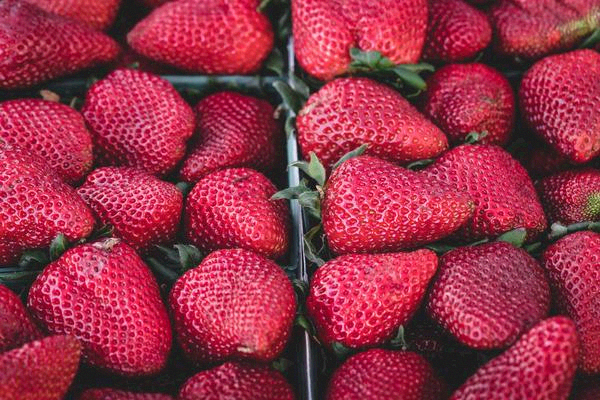Corium is an image steganography utility which can hide files inside images.
download self-contained specific platform executable from releases.
if you have docker you can try the app directly without installing anything:
docker run -it --rm -v $(pwd):/app eboubaker/corium --help
!> on windows cmd change
$(pwd)to%cd%.
!> images and files to be used must be on the terminal working directory to be visible by the container.
Usage:
Corium [options] [command]
Options:
-v, --verbose Turn on verbose mode which will show more debug information.. [default: False]
-s, --silent Turn on silent mode (no messages will appear on the console, if return code was 0 then operation was
successful).. [default: False]
--version Show version information
-?, -h, --help Show help and usage information
Commands:
hide Hide files inside images
extract Extract hidden files from previously processed images
hide
Hide files inside images
Usage:
Corium [options] hide
Options:
-i, --images <images> (REQUIRED) The path(s) to the image(s) or directory(s) containing images that is to be used by
Corium for hiding files.
-d, --data <data> (REQUIRED) The path to the file(s) or directory(s) that is to be hidden inside the images.
-o, --output <output> The name or the path of the output directory(processed image collections will be
dropped in this output directory). [default: processed]
-a, --alpha Use alpha channels in the output images (increases image capacity). [default: False]
-b, --bits <bits> Set how many bits to be used (1-8) from every pixel channel default 3. [default: 3]
-c, --collection <collection> Set the collection number of the output images. [default: <Auto-Generated>]
-n, --no-sub-directory by default processed images will be placed in a folder whose name is the collection
name of the imagesenabling this option will disable this feature and all images
will be put in the same output directory. [default: False]
-v, --verbose Turn on verbose mode which will show more debug information.. [default: False]
-s, --silent Turn on silent mode (no messages will appear on the console, if return code was 0
then operation was successful).. [default: False]
-?, -h, --help Show help and usage information
extract
Extract hidden files from previously processed images
Usage:
Corium [options] extract
Options:
-i, --images <images> (REQUIRED) The path(s) to the image(s) or directory(s) containing images that is to be used by
Corium to extract files.
-c, --collection <collection> Set the target collection number to be extracted from the input images if the
images contains more than one collection,
this will cause Corium to only extract from the specified collection if it was found
if no collection number was specified corium will extract all found collections
-o, --output <output> The name or the path of the output directory(extracted files will be dropped in
this directory). [default: extracted]
-b, --bits <bits> Set how many bits to be used (1-8) from every pixel channel default 3, (must be
same as when data was hidden inside images otherwise extraction will fail).
[default: 3]
-a, --alpha Use alpha channels in the input images (set to true if images were
used by corium with alpha option set to true when hiding files). [default: False]
-ncd, --no-collection-directory by default extracted files will be placed in a folder whose name is the collection
name of the imagesenabling this option will disable this feature and all collection
files will be put in the same output directory. [default: False]
-v, --verbose Turn on verbose mode which will show more debug information.. [default: False]
-s, --silent Turn on silent mode (no messages will appear on the console, if return code was 0
then operation was successful).. [default: False]
-?, -h, --help Show help and usage information
The source code of this project is hidden inside the
image source-code.jpg.

Download this image and extract the files with corium.
wget -O source-code.jpg https://raw.githubusercontent.com/Eboubaker/Corium/main/source-code.jpg
corium --verbose extract --images source-code.jpg
Corium will take the bits of the file and insert them to the image's pixel channels by default 3 bits per channel.
For example lets say the data we want to hide is 1 byte and represented as:
1001 0111
and lets say the original image is 1 pixel its color is rgb(252, 186, 3) #fcba03 so it has 3 channels, each channel is represnted as 1 byte and we would have 3 bytes:
1111 1100 1011 1010 0000 0011
By default corium will use 3 bits per channel this can be changed with --bits option.
Now when we want to insert the previous data we will drop 3 bits from each channel and replace them with our data.
so from our example we will take the data from left-to-right and put them in the channels the final result will be:
1111 1100 1011 1101 0000 0110 and the new pixel color will be rgb(252, 189, 6) #fcbd06
when extracting corium will take the last 3 bits of each channel and construct the byte from them. 100 101 11.
corium knows the size of the data so it will not include the last bit. this is done by appending metadata to the file bytes before inserting.
here are the two colors next to each other 

The program is named after the skin layer Corium which is the middle layer in the skin. Which means to hide something between layers. like how this program works.